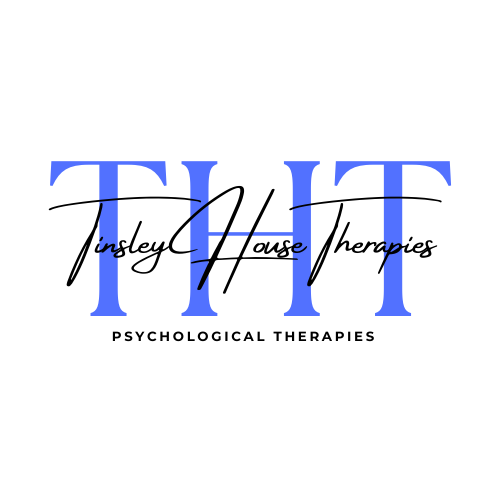Q. What's the difference between counselling and CBT (Cognitive Behavioural Therapy)?
Both are talking therapies. CBT provides structure, working towards goals and encouraging change, whilst counselling is often more suitable where making changes or working towards solutions may not the main priority and may be more fluid with less structure and monitoring. CBT may more suitable for those contemplating change, even if you need help identifying where to start. CBT will help you to make sense of how your feeling and any viscous cycles or patterns of behaviour to develop greater awareness and understanding, then working out ways together in which you can adapt or modify any unhelpful behaviours.
As they are both talking therapies, in CBT sessions you will also be talking through problems, then working together with your therapist learning methods and techniques with encouragement to work towards becoming self sufficient in managing your emotions or difficulties as your self awareness and confidence increases.
Cognitive behavioural therapy uses evidence based treatment protocols in line with NICE guidelines, which will be tailored according to individual needs whilst working in your best interest.
Q. What can I expect from my initial consultation?
A. The first meeting would consist of a series of questions in order to accurately assess any difficulties that you are experiencing and to offer and discuss ideas and methods of how therapy could help. The initial meeting is an opportunity to express how you are feeling and how your difficulties might be impacting on your life, this would also be an opportunity to ask any questions you may have.
Q. How many sessions will I need?
A. This depends of the severity and complexities of the difficulties described. However the therapy can be over an agreed period of time or open ended as appropriate in order to meet your individual needs. Cognitive behavioural therapy uses evidence based treatment methods and follows NICE guidelines.
Q. Why private therapy ?
A. Private therapy with us offers the individual greater flexibility in that therapy can be offered in your own home where appropriate in person or via other forms of communication such as Skype*. Therapy will always be tailored to individual needs using numerous psychological interventions which can be adapted and methods which suit individual learning needs.
As an experienced and established therapist who has worked as part of the NHS, I know this is a very valuable service to many whom access this, although at times restrictive with many individuals wishing they had longer or more sessions. The biggest advantage of private therapy is that you have a greater degree of control over the treatment you receive, it is highly individualised to meet your current needs which we also recognise change over time.
Tinsley House Therapies

